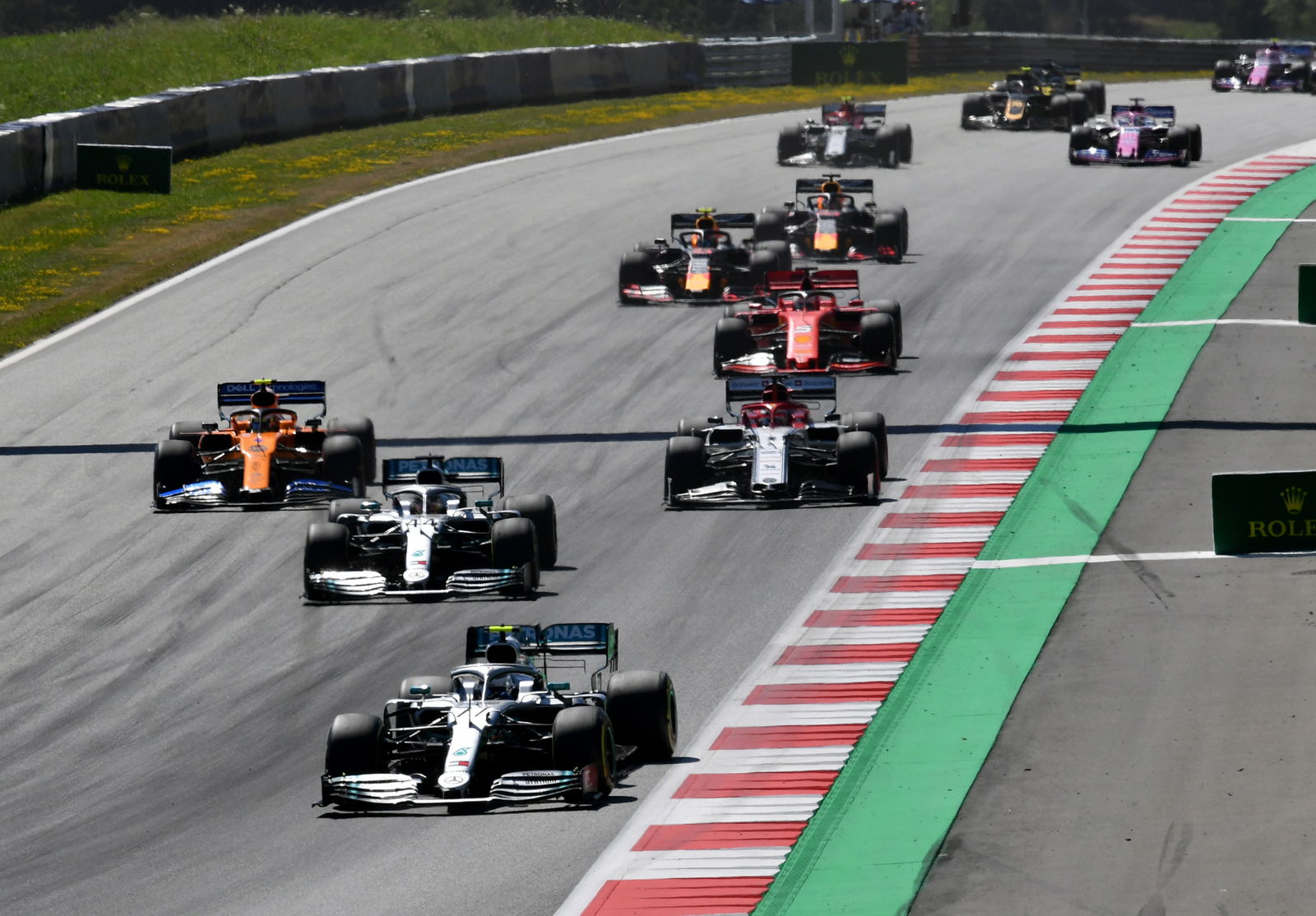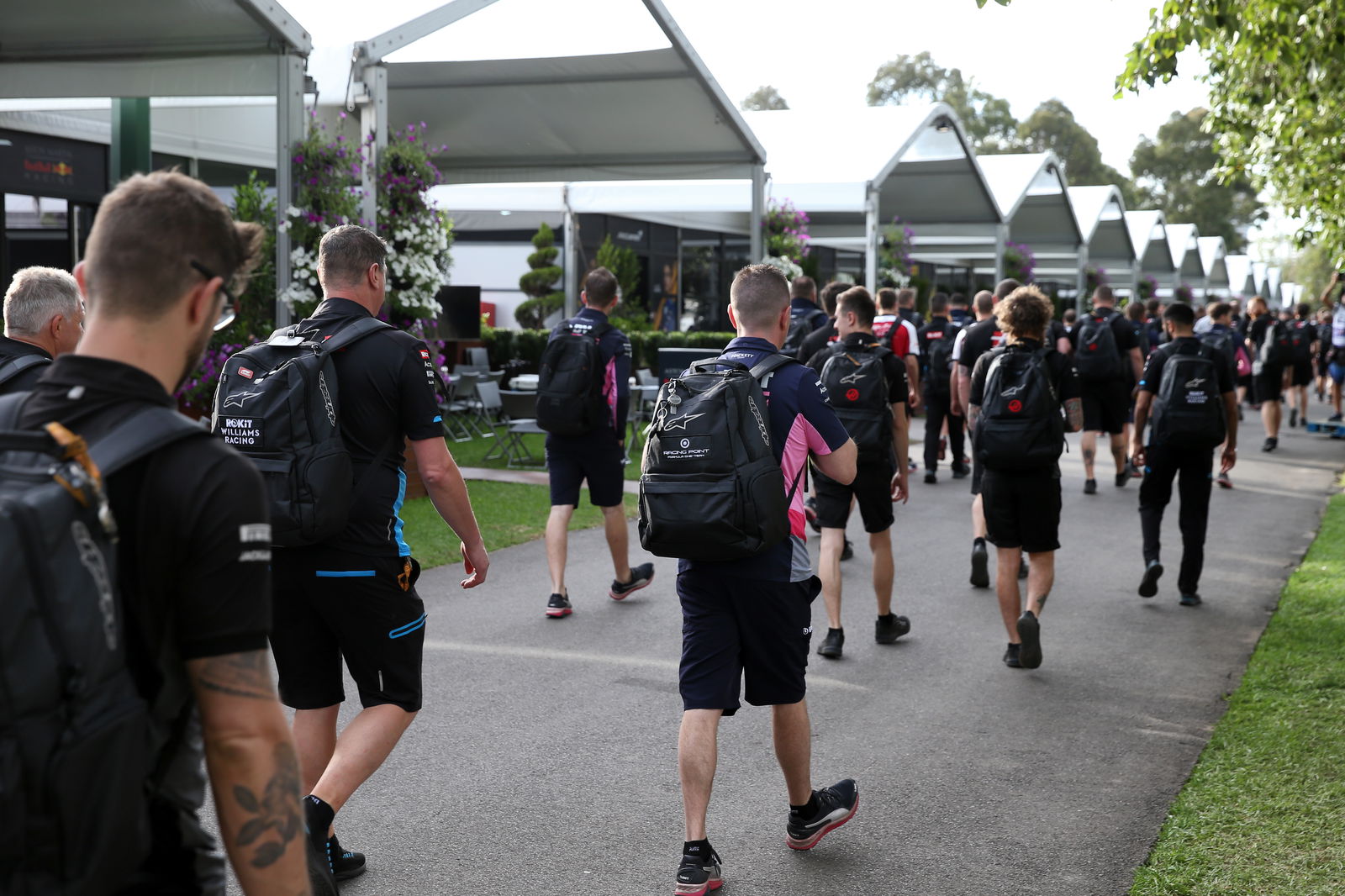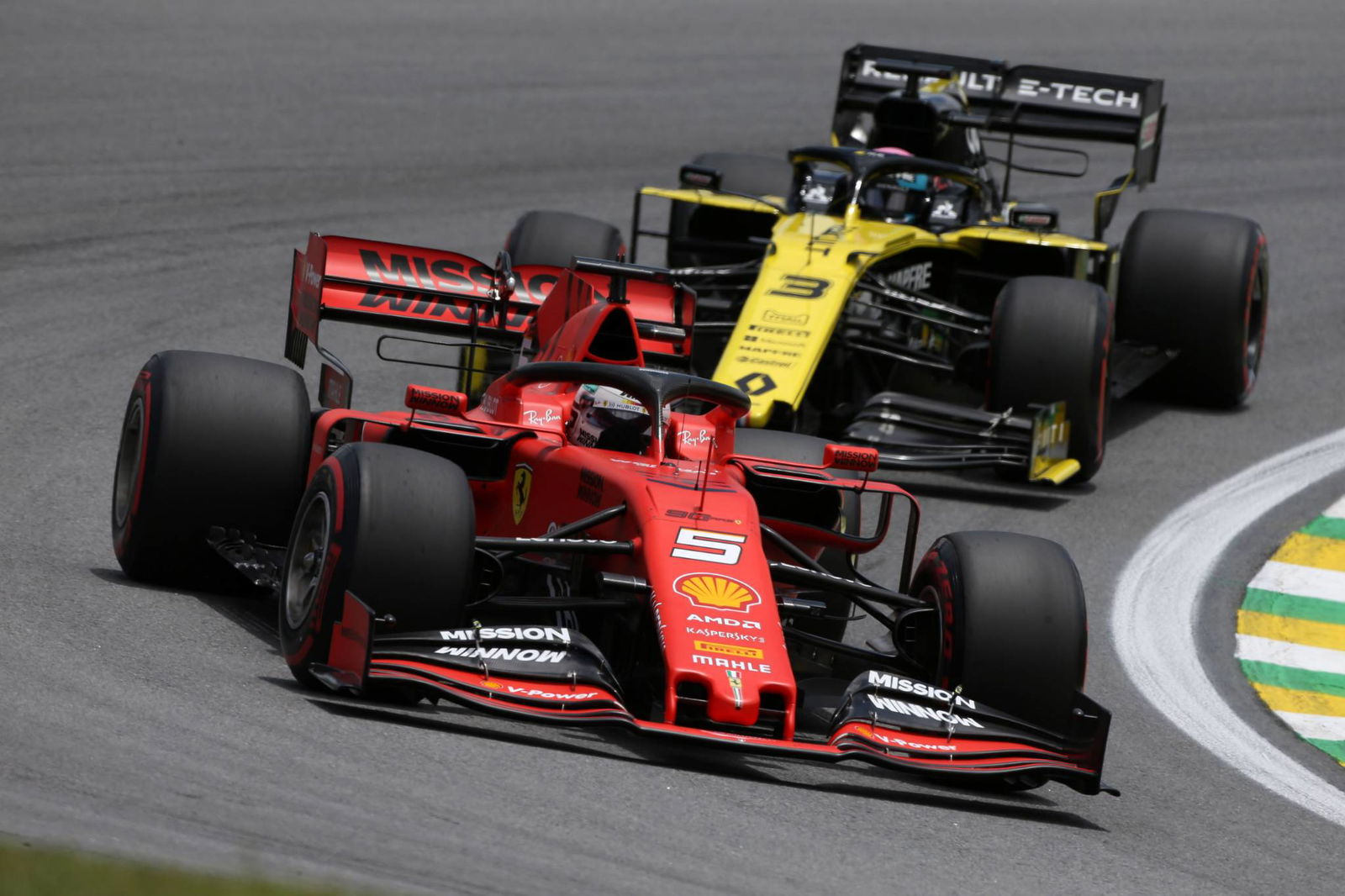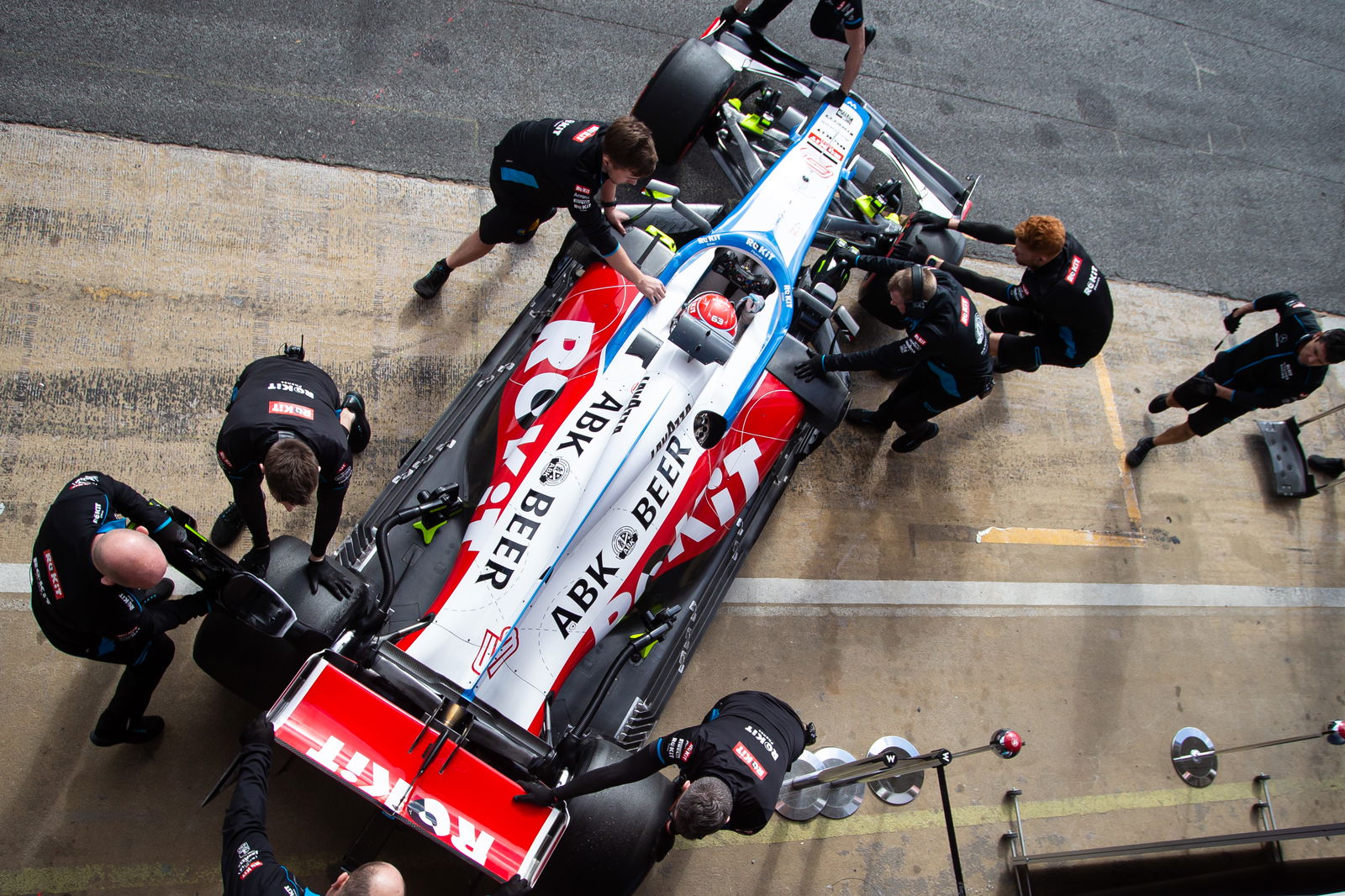F1’s plan to start the season: What we know so far
F1’s has put in place its plan to salvage the 2020 season and return to racing action.
In an update last week, F1 CEO Chase Carey laid out a blueprint of how the 2020 calendar may look once the campaign can get underway once it is safe to do so, after the ongoing COVID-19 pandemic forced the first 10 races to be called off.
Plans are in the works for the Austrian Grand Prix to go ahead as scheduled on July 3-5 behind closed doors.

F1’s has put in place its plan to salvage the 2020 season and return to racing action.
In an update last week, F1 CEO Chase Carey laid out a blueprint of how the 2020 calendar may look once the campaign can get underway once it is safe to do so, after the ongoing COVID-19 pandemic forced the first 10 races to be called off.
Plans are in the works for the Austrian Grand Prix to go ahead as scheduled on July 3-5 behind closed doors.
“We are now increasingly confident with the progress of our plans to begin our season this summer,” Carey said.
F1 remains determined to meet its target of staging between 15 and 18 rounds by the end of the year and to do so it is considering holding back-to-back rounds. At least eight races across three continents are required to validate a world championship.
The Red Bull-owned Spielberg track is the identified venue to kickstart the revamped 2020 schedule with Austria’s government not standing in F1’s way to hold the event.
Austria is likely to follow up the July 5 race with a second event on the following July 12 weekend, before the F1 paddock travels to Great Britain for another double-header at Silverstone on July 19. A final call on Silverstone's hopes to stage multiple races is likely to come in the coming weeks following meetings involving major sports bodies and the government in the UK.
Initially held without spectators, the European rounds would take place across July, August and September, before events would follow in Asia and the Americas. Bahrain and Abu Dhabi would then form the final two races of the season in December.
Out of the 10 races to be affected so far, the Monaco and French rounds will definitely not take place after being cancelled altogether, while it is highly unlikely that the Australian Grand Prix, which was abandoned at the 11th hour, will be rescheduled for later in the year.
The Dutch Grand Prix - which was set to return to the F1 calendar for the first time in 35 years this month at a revamped Zandvoort - is likely to be deferred until 2021 following an extended ban on all public events until September 1.
Strict restrictions on public gatherings have also cast doubts over the initial dates for the Hungarian and Belgian rounds, with race organisers at the Hungaroring confirming the event will go ahead behind closed doors if at all. Both will surely have to be moved to a later date if they are to take place this year.

Monza is the latest venue understood to be keen on holding a second F1 race one week after its originally scheduled race on September 6. Automobile Club Italy president Angelo Sticchi Damiani has also dismissed reports the Italian Grand Prix had been cancelled as “fake news”.
If all rounds could not be completed before the end of 2020, a worst-case scenario could also see races extend into January next year.
F1 says it hopes to be in a position to publish a finalised calendar “as soon as we possibly can”.
F1’s to create ‘biosphere’ environment
F1 has outlined a comprehensive plan to create a “biosphere” environment that would include strict testing and social distancing policies to ensure races can take in a safe and controlled manner.
Under the measures, a trimmed-down number of paddock personnel would undergo frequent testing for coronavirus to prevent any cases of infection.
"Everyone will be tested, and will have clearance before they can go in," F1 managing director of motorsports Ross Brawn told the F1 Show earlier this week.
"And then every two days, they'll be tested whilst they're in the paddock."
Restrictions on how people move will also be imposed to avoid mixing staff as much as possible. The 10 teams will be kept apart and will stay in different hotels, as opposed to their usual European motorhomes which will not be present in the paddock.
“We'll have restrictions on how people move around within the paddock,” Brawn explained.
“We can't have staff that socially distance so we have to create an environment within itself that is effectively a small bubble of isolation.
"The teams will stay within their own groups. They won't mingle with other teams and they'll stay in their own hotels. There will be no motorhomes there.
"There's a tremendous amount of work going on between ourselves and the FIA and I'm very encouraged by what I'm seeing and what I'm hearing that we'll be able to provide a safe environment and we can.”
Naturally, all current plans are provisional and F1 could be forced to make further alterations depending on the ever-developing coronavirus situation and restrictions imposed by national governments.



